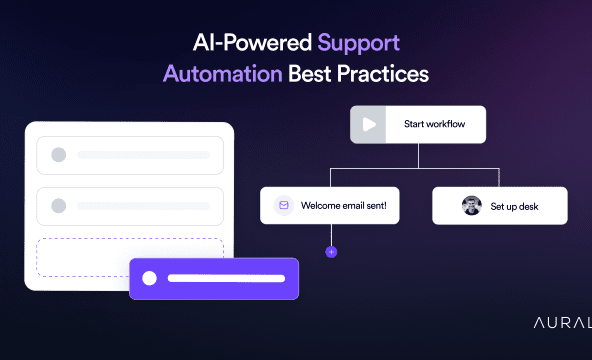AI implementation strategies
AI implementation strategies are essential for businesses aiming to successfully adopt artificial intelligence and achieve measurable outcomes. These strategies define the roadmap for integrating AI technologies into workflows, ensuring alignment with organizational goals and maximizing return on investment. With a well-structured approach, companies can leverage AI to streamline operations, enhance decision-making, and deliver superior customer experiences.
A key starting point in AI implementation strategies is identifying clear objectives. Businesses must determine the specific problems AI can solve or opportunities it can create. For instance, objectives may include automating repetitive tasks, improving customer support with AI chatbots, or extracting actionable insights from vast datasets. Establishing these goals provides a foundation for targeted AI adoption.
Data readiness is a critical component of successful AI implementation. AI systems thrive on high-quality, structured data. Companies need to assess their existing data infrastructure, address any gaps, and ensure data accuracy, consistency, and compliance with regulations like GDPR. Proper data governance enables AI models to deliver reliable and actionable results.
Selecting the right AI tools and platforms is another vital step in AI implementation strategies. Organizations must evaluate solutions such as machine learning, natural language processing (NLP), and computer vision to determine which aligns best with their needs. Partnering with AI vendors or leveraging pre-built AI solutions can accelerate deployment and reduce complexities.
Employee readiness plays a crucial role in the AI adoption journey. Businesses should invest in training programs to upskill employees and foster collaboration between human teams and AI systems. AI implementation strategies should highlight the complementary nature of AI and human workers, enabling employees to focus on creative, strategic tasks while AI handles data-driven, repetitive processes.
Pilot testing is a crucial stage in AI implementation. Launching small-scale AI projects allows businesses to validate the technology’s impact in controlled environments. Feedback from these pilots helps refine AI applications and provides insights before scaling the solutions across the organization.
Continuous monitoring and improvement are essential to sustain AI’s effectiveness. Regular evaluation of AI models ensures optimal performance and adherence to ethical standards. Companies should update algorithms, address biases, and incorporate advancements in AI technology to keep systems relevant and impactful.
In conclusion, AI implementation strategies are the blueprint for adopting artificial intelligence effectively. By setting clear goals, ensuring data readiness, choosing suitable tools, and fostering workforce collaboration, organizations can unlock the transformative power of AI and drive innovation, efficiency, and growth.

- Articles
-
 Amy
Amy
- 7 min read
